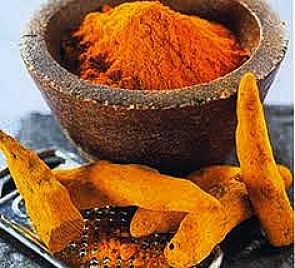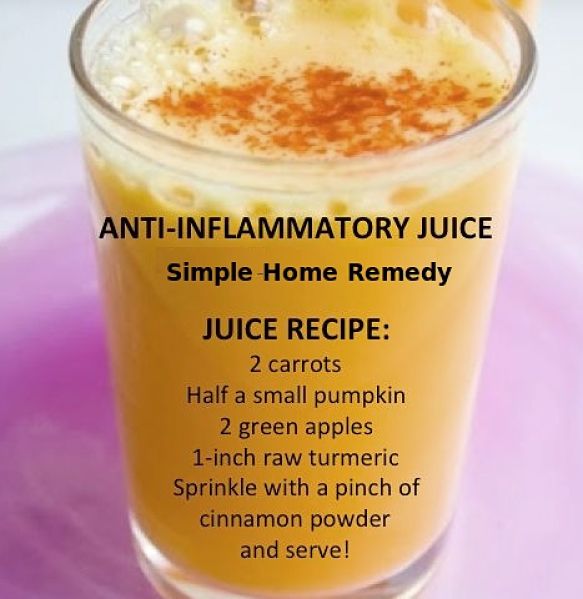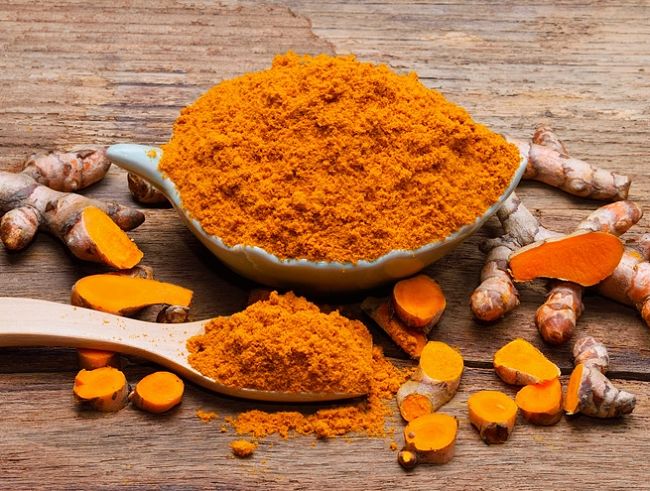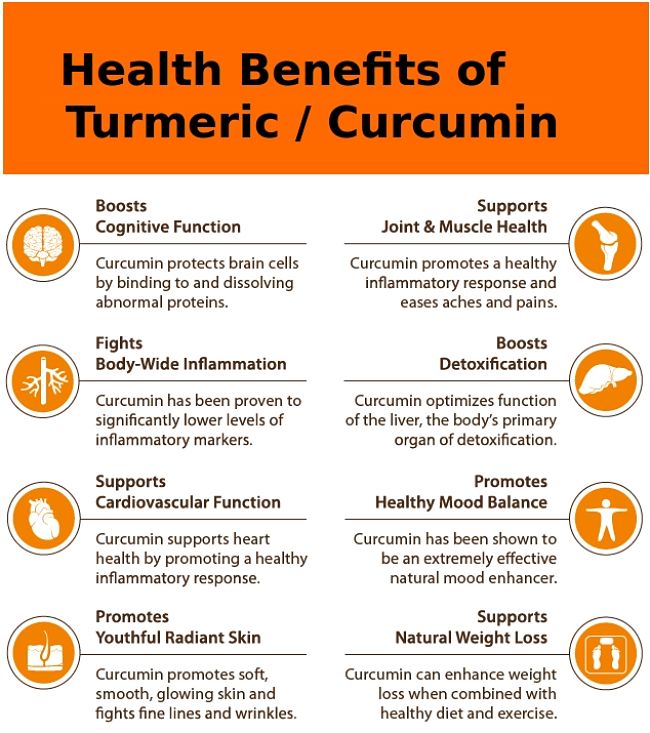Natural Joint Pain Remedies - How Turmeric Relieves Pain in Joints
Alternative therapies and remedies are becoming increasingly popular with more that 30% of the population saying they use some form of natural remedy to treat aliments. I recently developed joint pain and I have reviewed the various natural remedy options and dietary changes that are available for getting some relief. Many prescription medicines have been developed from natural plant extracts and Chinese medicines, which have been used effectively for thousands of years. Joint pain is a chronic condition which can be relieved with various pain-killers, but many people look for long-term relief without the risks associated with long-term drug use.
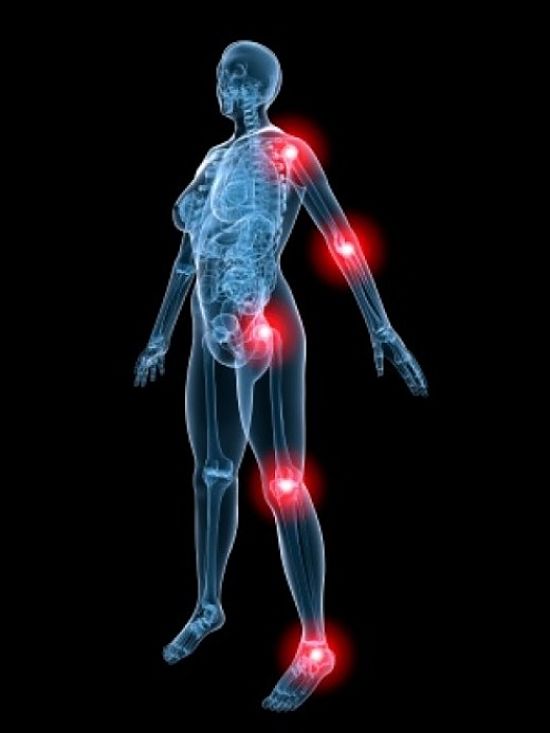
Some of the most popular natural remedies for joint pain are:
Warm Water - Warmth is very beneficial in treating joint pain. You can take a shower and direct warm water to the affected joint to reduce joint pain. You an also use various heat-packs or warm towels applied to the area
Eucalyptus Oil - This works well for many people. Simply rub the eucalyptus oil into the affected area to help alleviate the pain. To increase the effectiveness you can apply a warm towel to the area which helps the oil penetrate and reduce the pain.
Papaya Seed - Tea made with papaya seeds is a known remedy for many types of joint pain.
Turmeric (Tumeric) Powder - Take about three teaspoons of turmeric powder and add to a glass of warm water three times a day., or eats lost of tumeric based curries and other foods. Better still, use special tablets available from health food stores that often contains piperine, derived from which aids absorption. The recommended dose is 1,000 milligrams a day. In India, whenever people use turmeric they usually have pepper in the meal which helps you absorb the turmeric. Like many herbal remedies there is good research showing the benefits of Turmeric.
See: Efficacy and Safety of Curcuma domestica Extracts in Patients with Knee Osteoarthritis
Half of 107 subjects with osteoarthritis of the knee causing severe pin were treated with ibuprofen 800 mg per day and the other half with turmeric extracts of 2 g per day for 6 weeks. The general measures of improvement were pain climbing on stairs, pain on level walking, and time spent walking for 100m walk going down a flight of stairs. The mean scores after 2- 6 weeks were significantly improved for both treatments. Turmeric was shown to be just as effective as the drug ibuprofen in relieving pain and symptoms. Another major review study has shown that Curcumin is safe and has demonstrated anti-inflammatory activity.
See: Safety and Anti-Inflammatory Activity of Curcumin: A Component of Tumeric (Curcuma longa)
Other Non-Medical Treatments for Joint Pain
Changing Posture - Improper posture also causes and exasperates joint pain. This can apply to your posture when lying down, walking, sitting and standing. Try changing your posture in various ways to help relieve the pain.
Exercises - Regular exercises are known to help alleviate joint pains and provide long term relief to many sufferers. Suitable exercises can include walking, cycling, jogging, roller-blading, swimming and yoga. Various stretching exercises can help as well. Reducing your weight through dieting and exercise is another successful way to alleviate paint as it can reduce the strain on your joints.
Foods and Supplements to Maintain Healthy Joints
Vitamin C in many citrus juices, blueberries, raspberries, cranberry, strawberry, pineapple, grapefruit,and many fresh vegetables such as green peppers, tomatoes, broccoli, potatoes, cabbage.
Vitamin D - sunlight, low-fat milk or other dairy products such as or yogurt and cheese, fortified whole foods cereals, egg yolk, protein drinks (including homemade)
Calcium and Phosphorus - milk and dairy products, yogurt, garlic, cheese, beans
seeds, nuts, whole grain cereals, oysters, seafoods and canned salmon, herring and sardines containing bones (calcium)
Omega 3 Fatty Acids - walnuts, flax seed oil , soy and canola oils, oily fish such as tuna, salmon, mackerel
Major Food Types to Avoid as Remedies to Joint Pain
Osteoarthritis - Generally occurs when cartilage - the body's natural joint protector gradually wears down, causing bones to effectively grate against each other. The foods to avoid are those that lead to weight gain, such as high-sugar, high-fat and all processed foods.
Rheumatoid Arthritis is generally regarded as occurring when the immune system becomes too active and starts to turn on the body itself, causing inflamed and painful and inflamed joints. The foods to limit or avoid are: dairy, refined sugar, caffeine, saturated fats, chemical sweeteners, table salt and red meats provide relief to many people.
Gout occurs when the body breaks down protein byproducts called purines, producing uric acid, which then crystallizes around joints leading to pain. People with gout should avoid eating cauliflower, mushrooms, green peas, oatmeal, wheat bran, green beans, spinach, asparagus, red meats and foods made with brewer's yeast such as beer.
